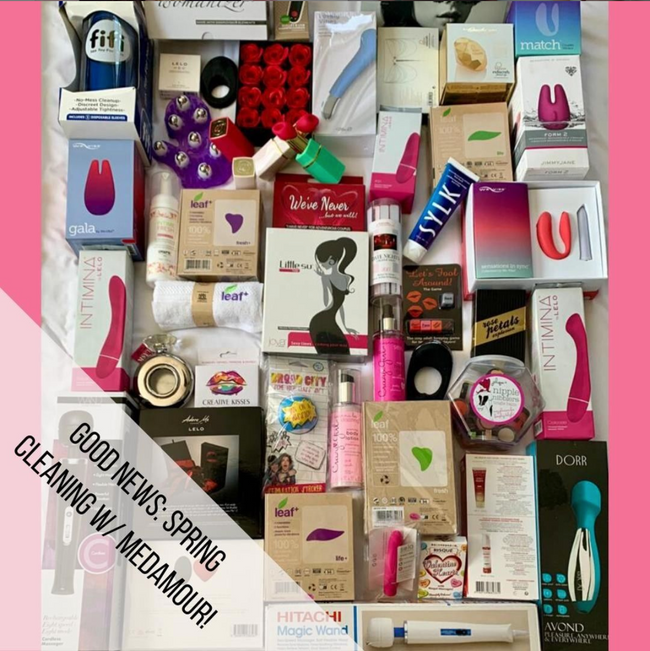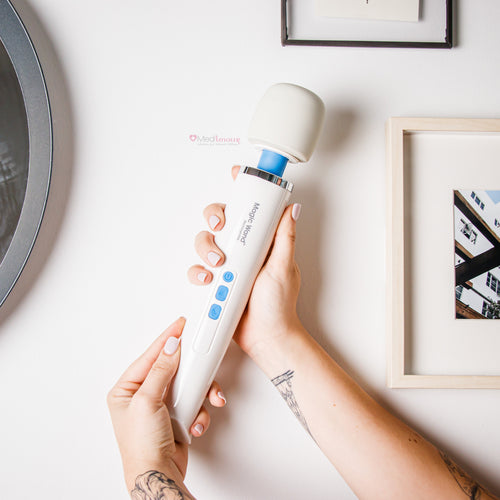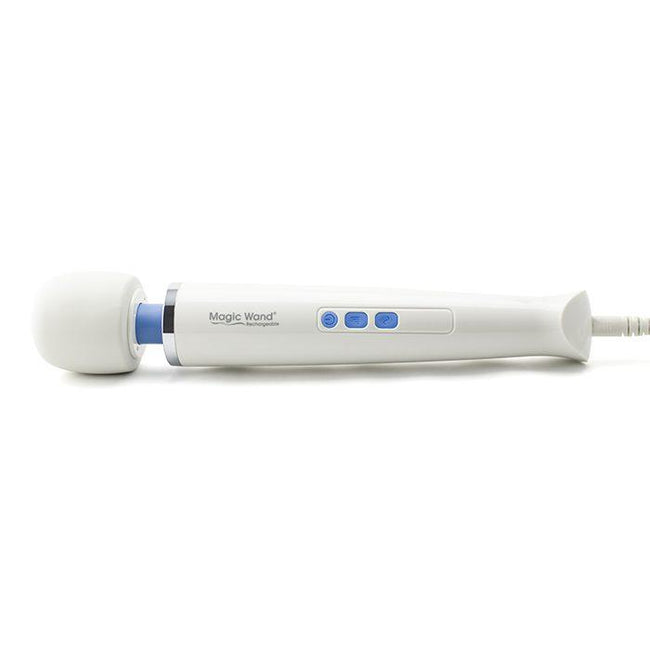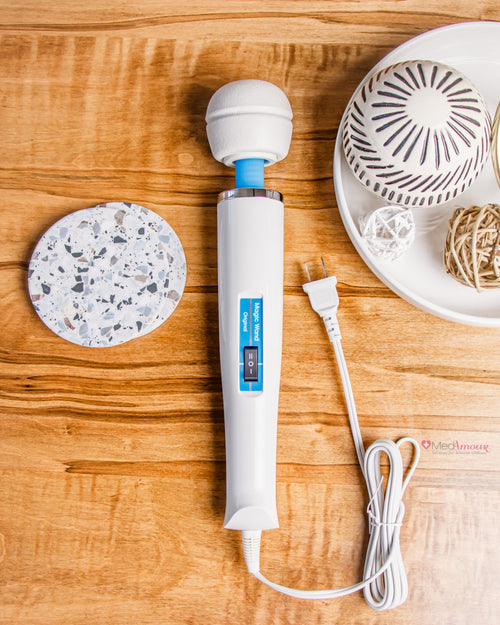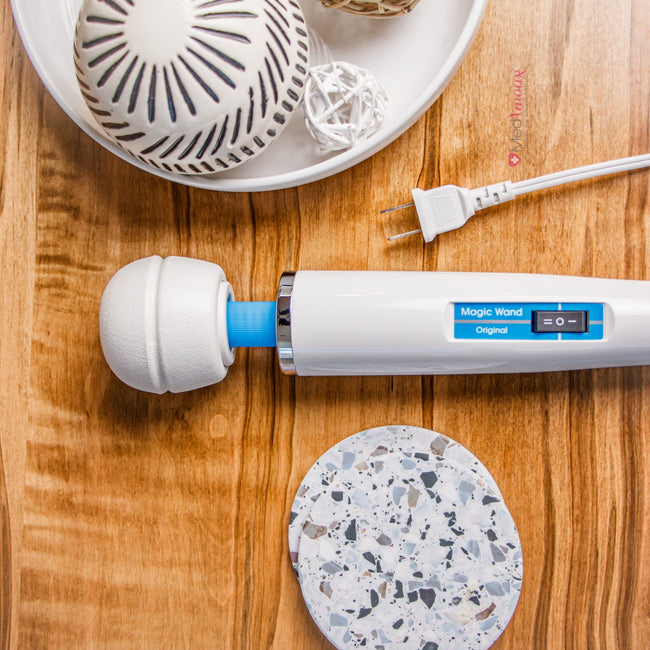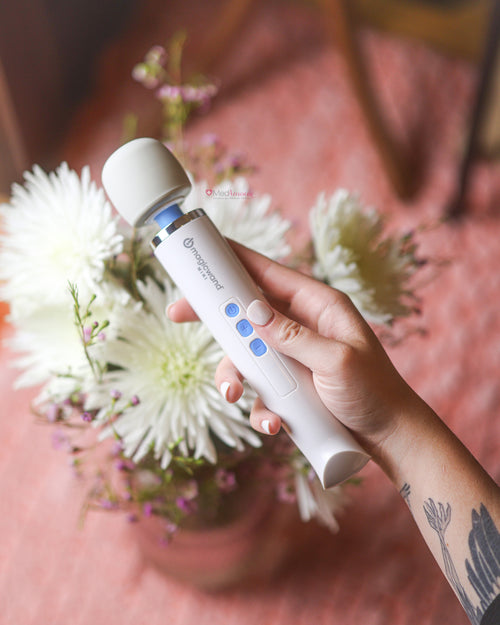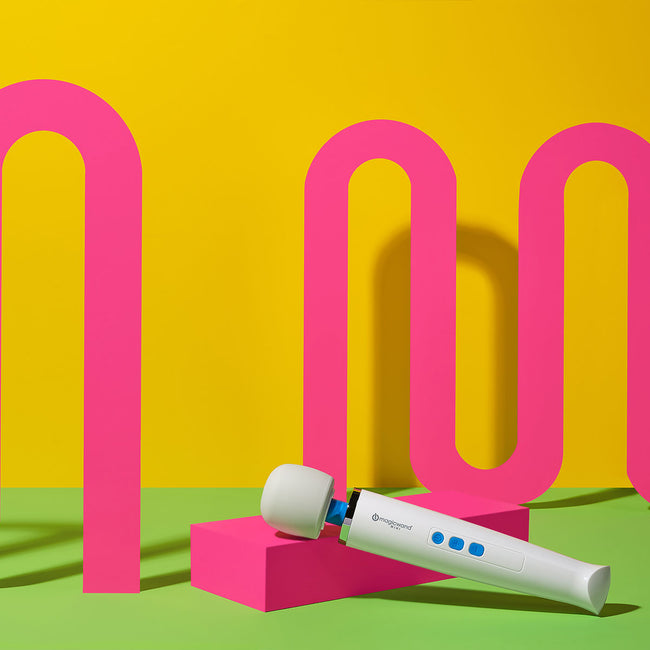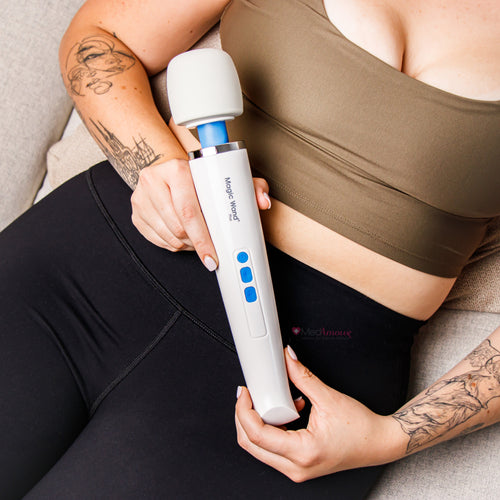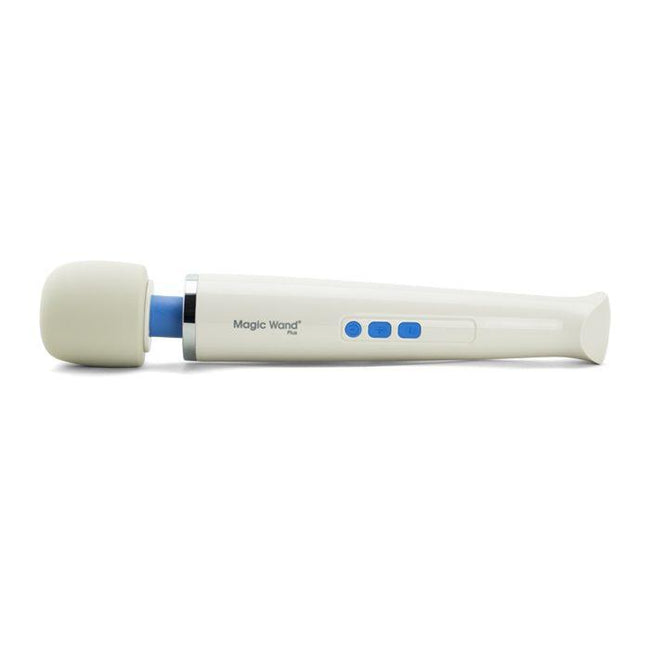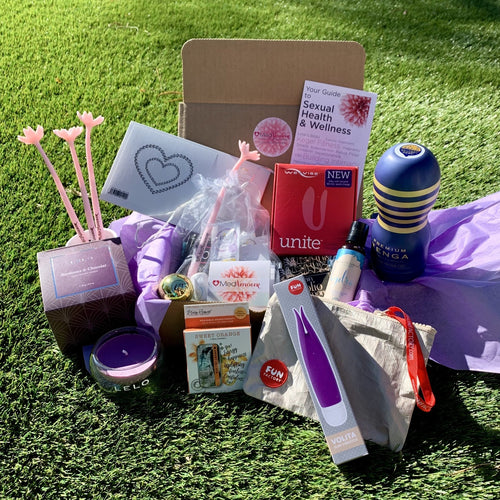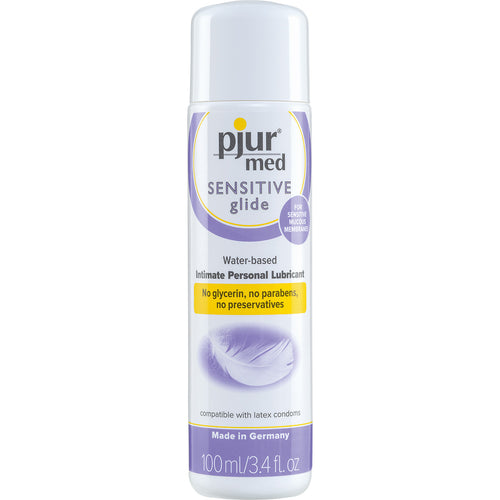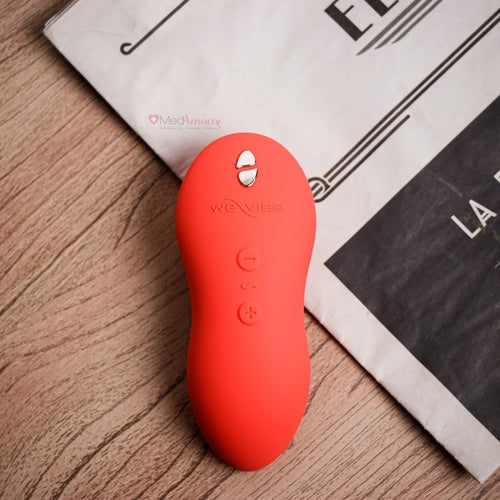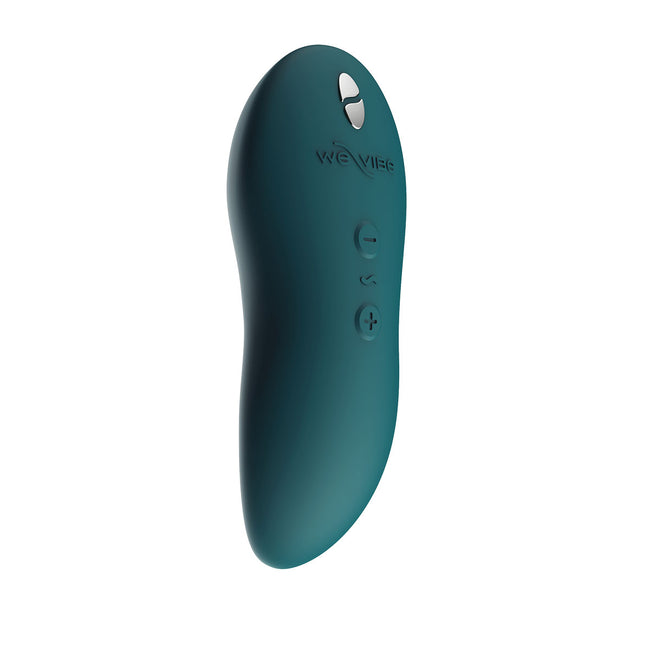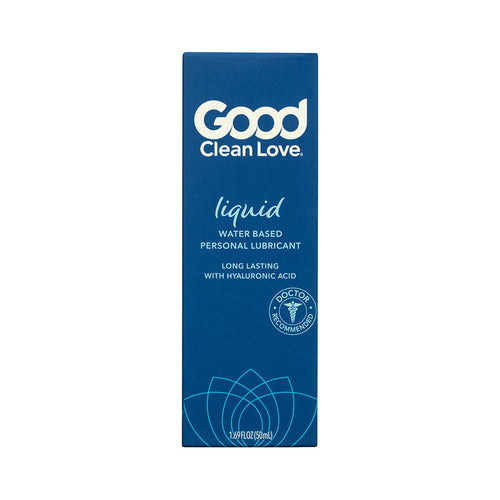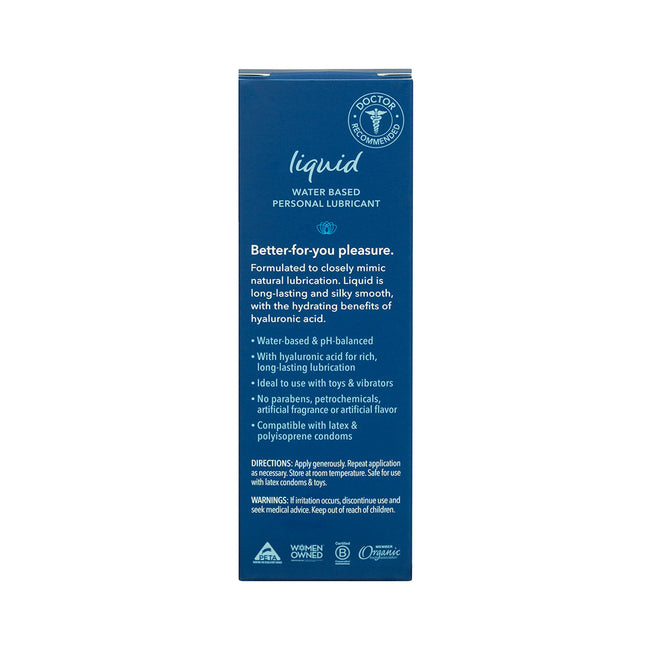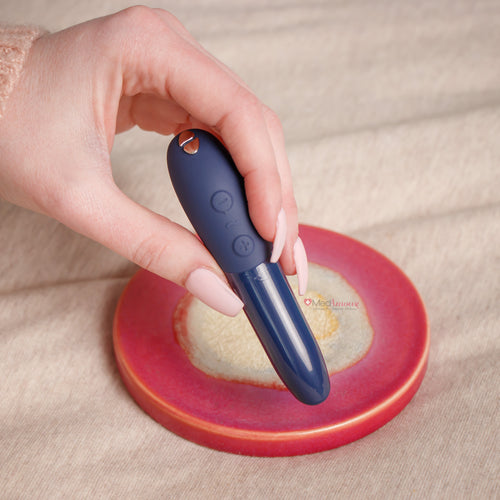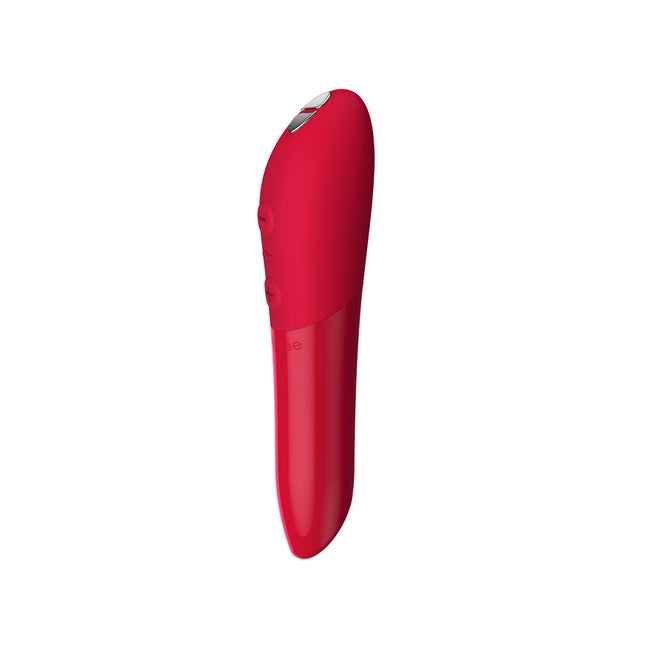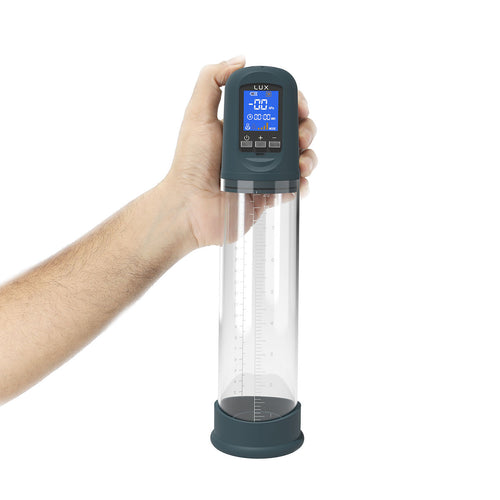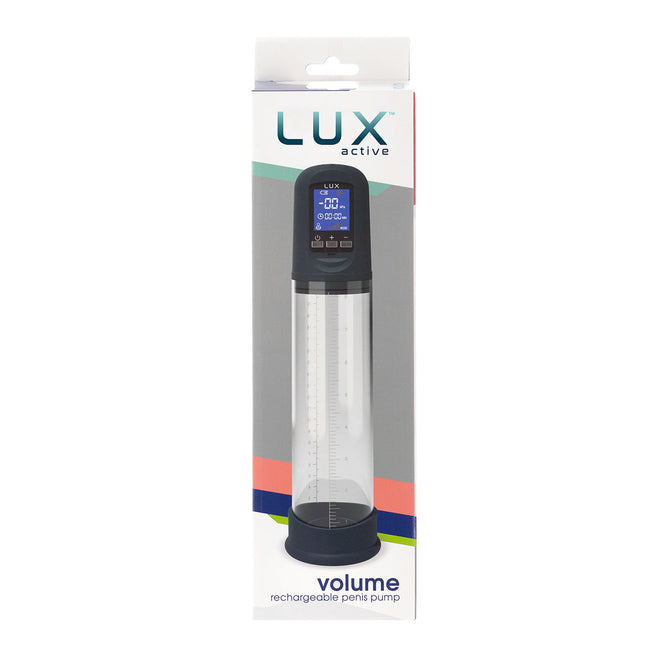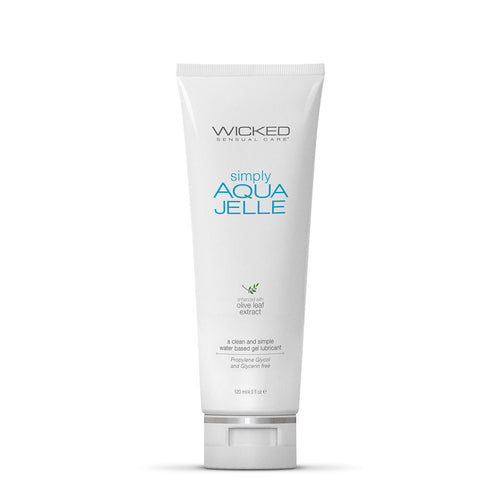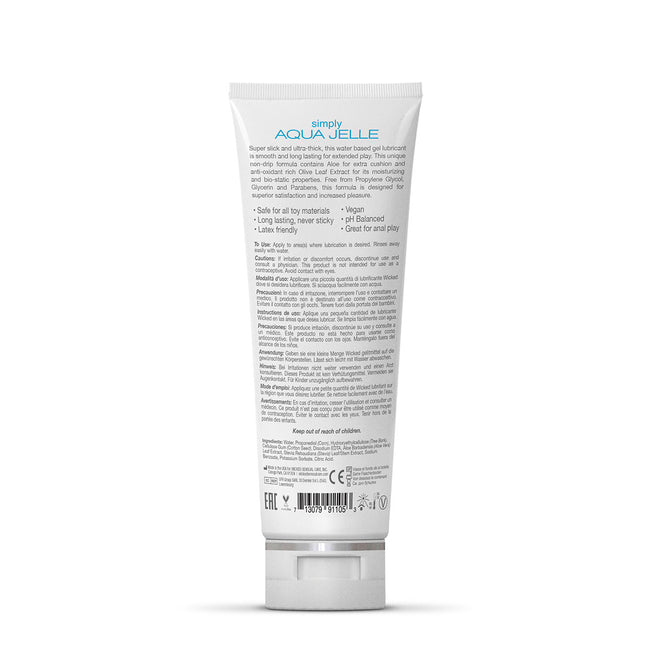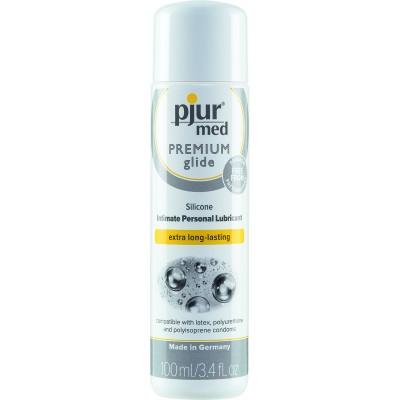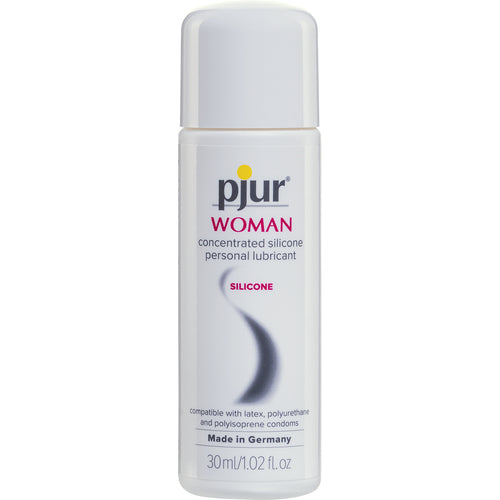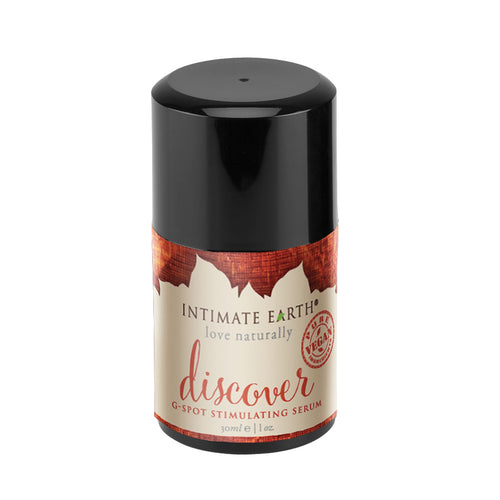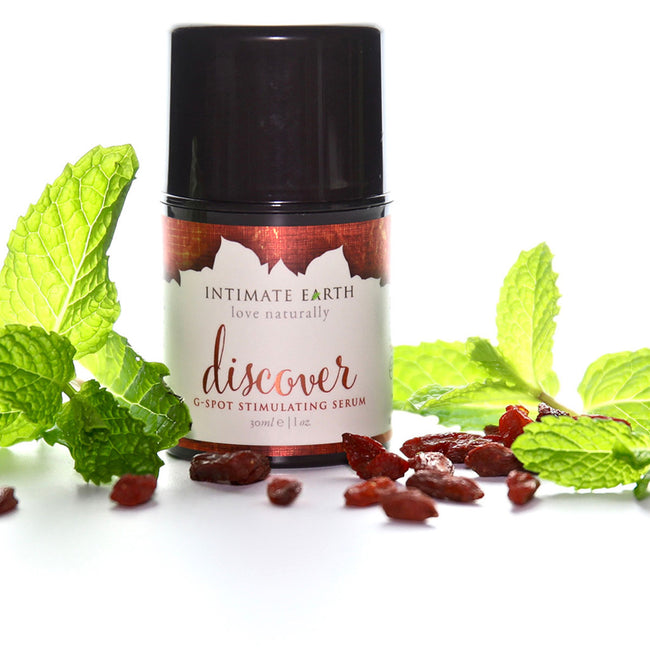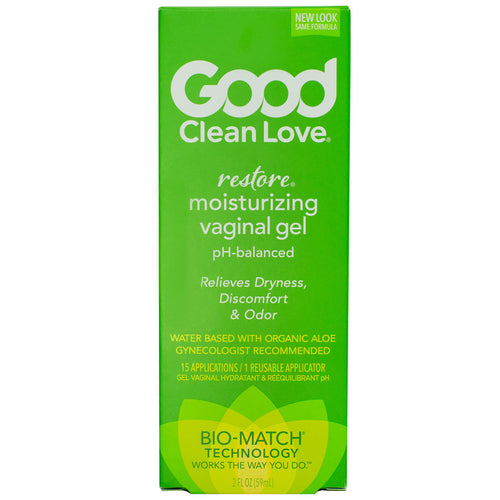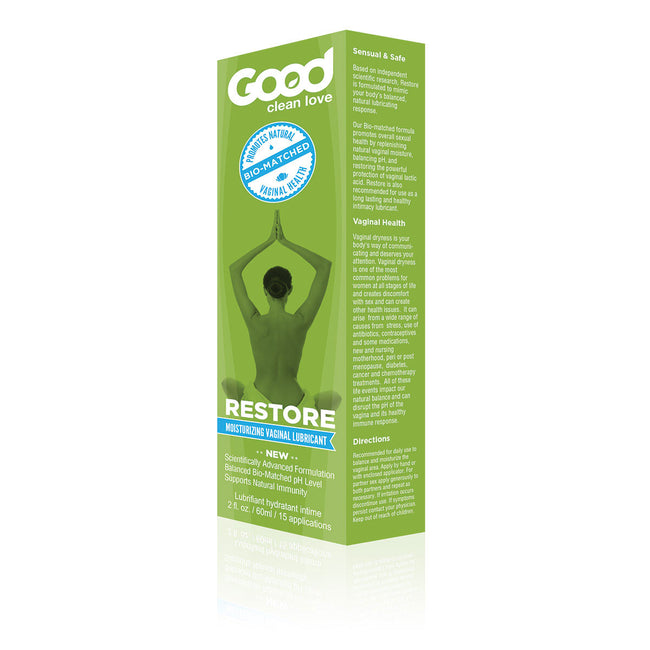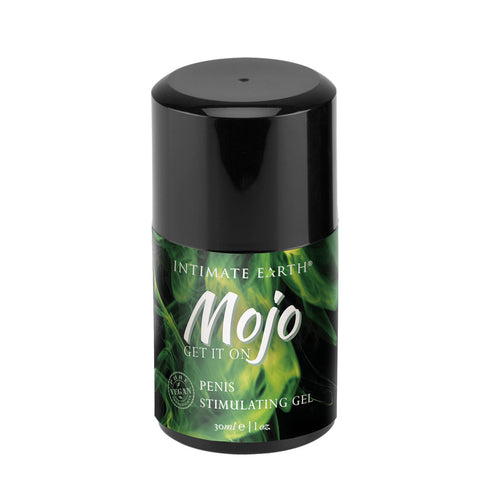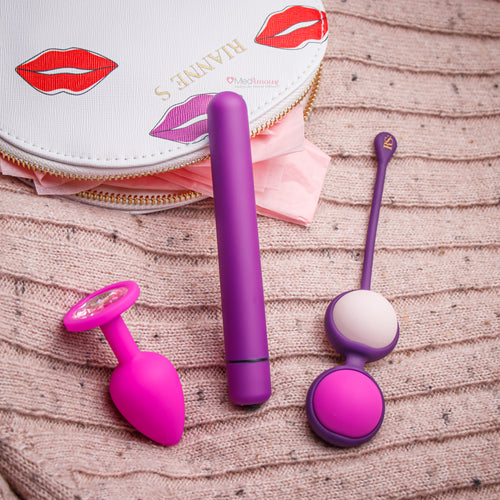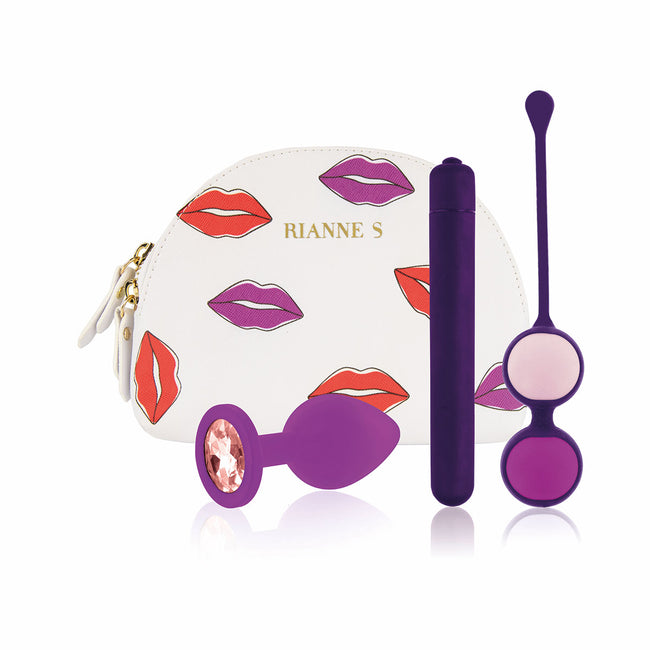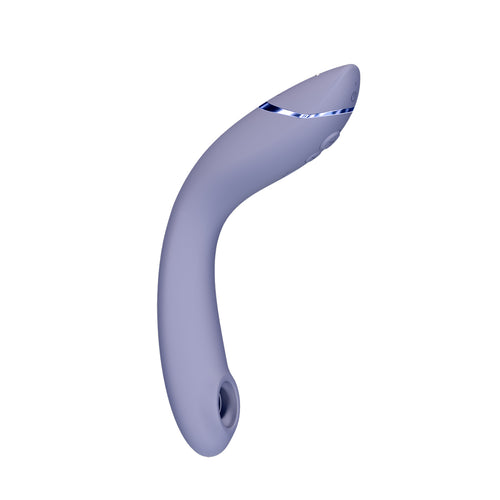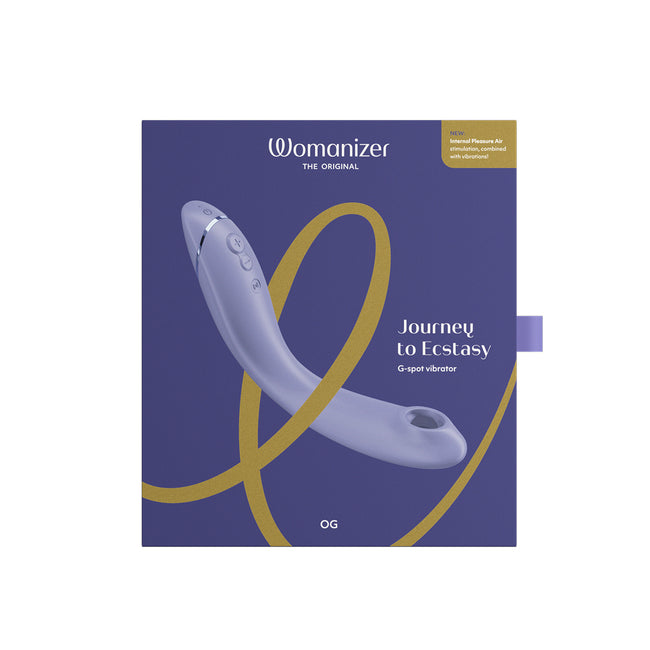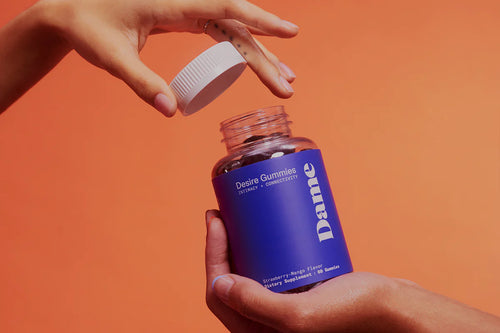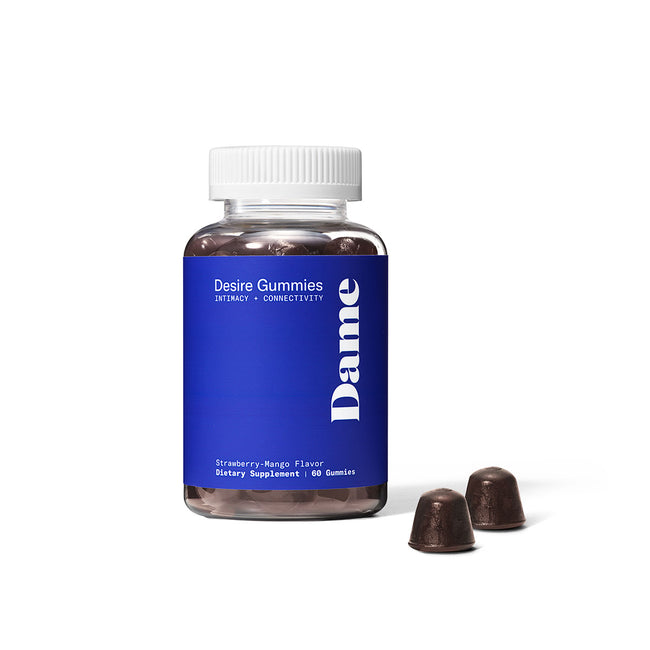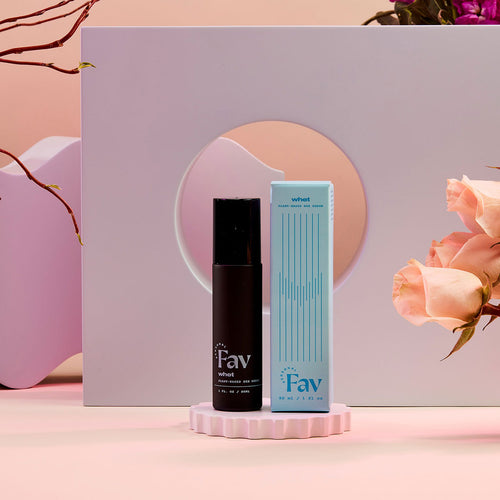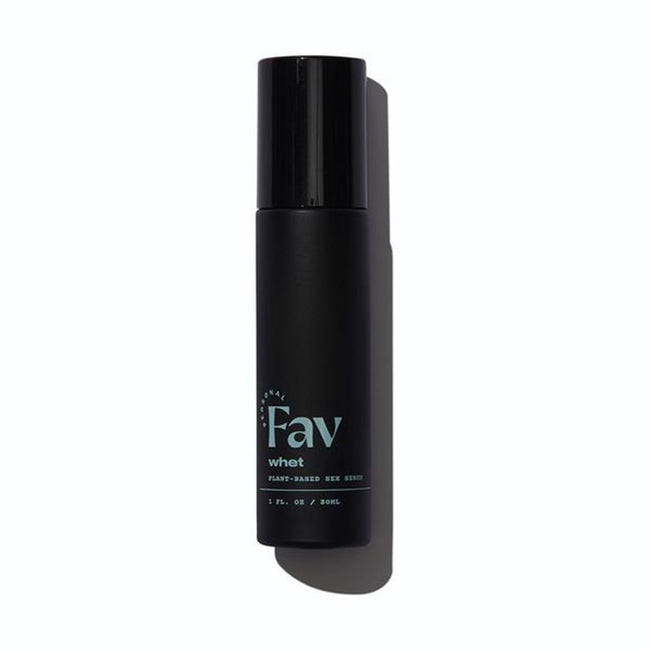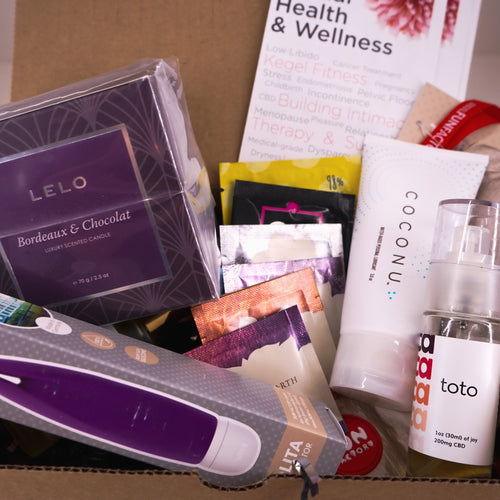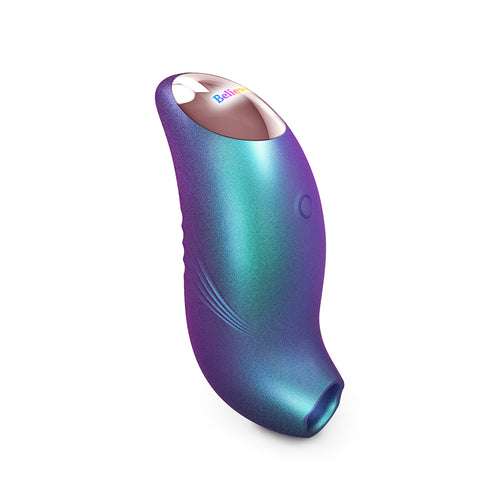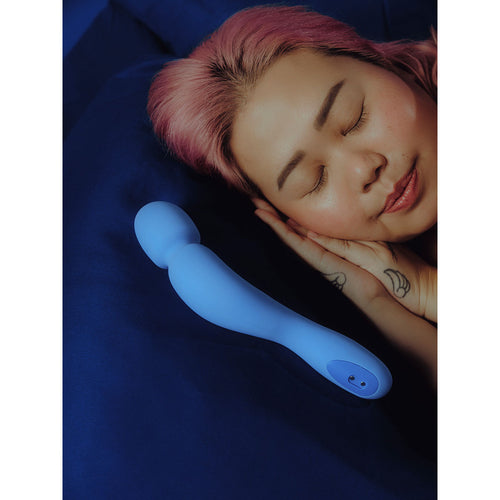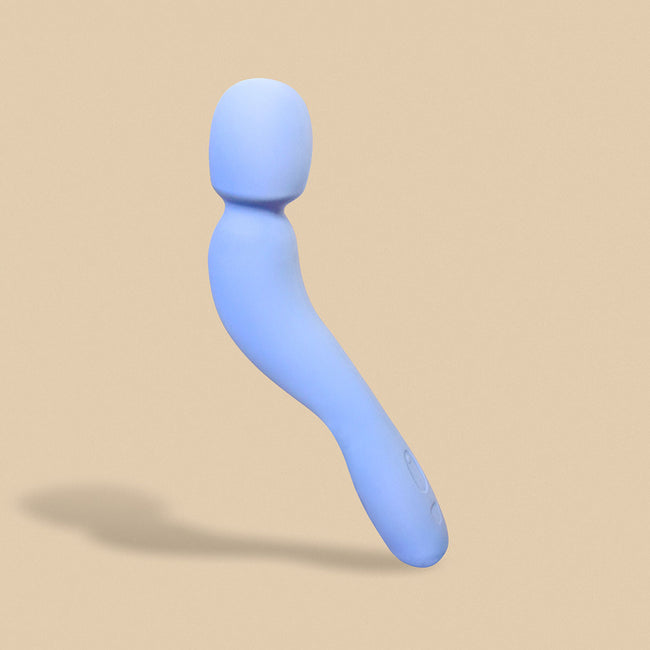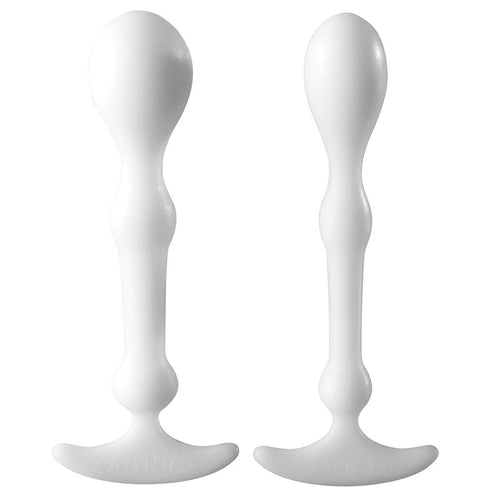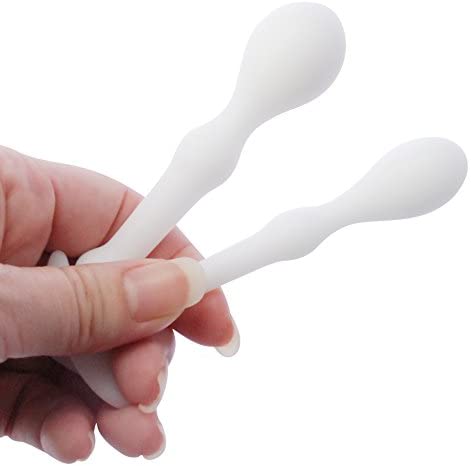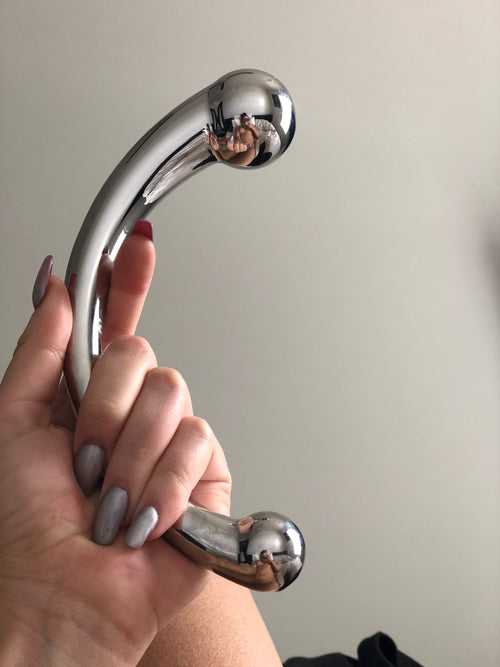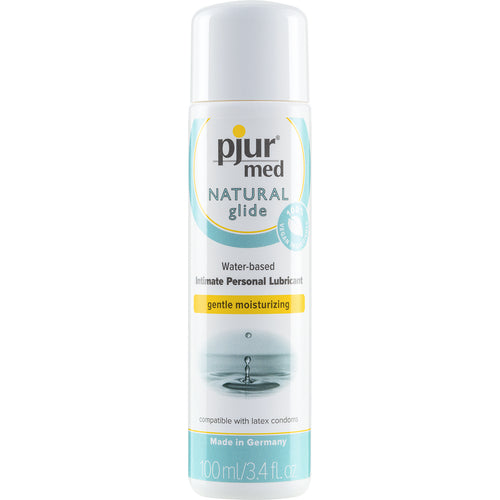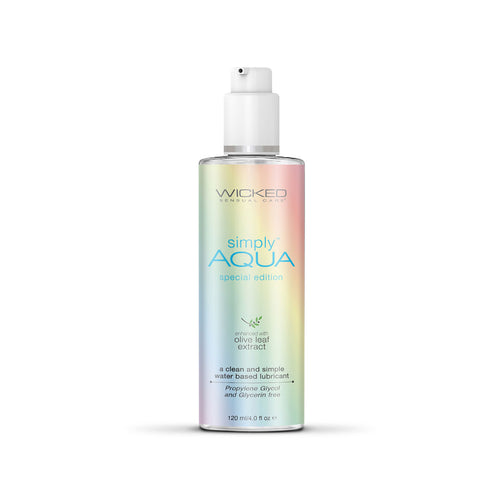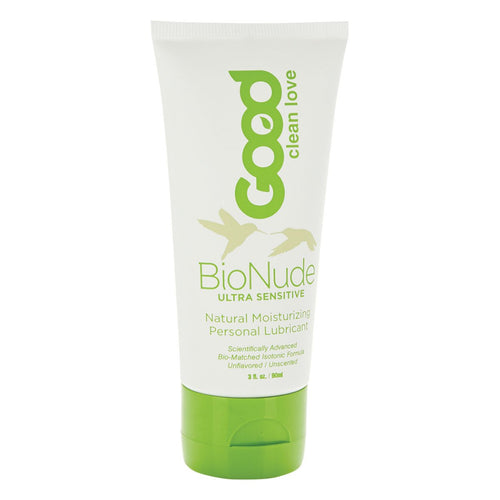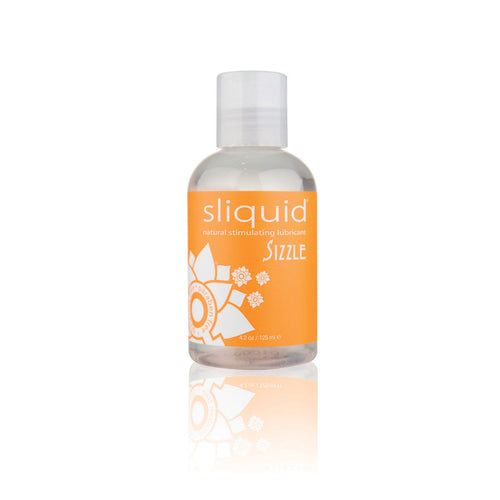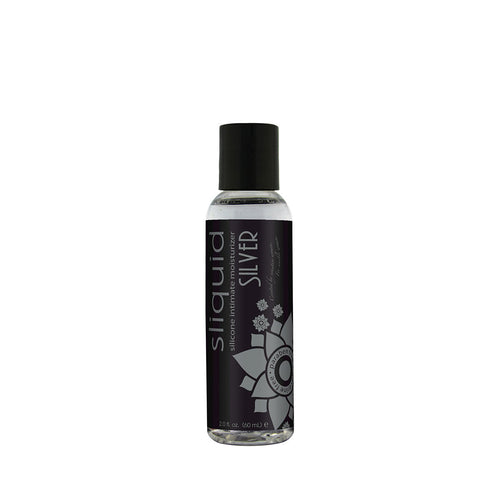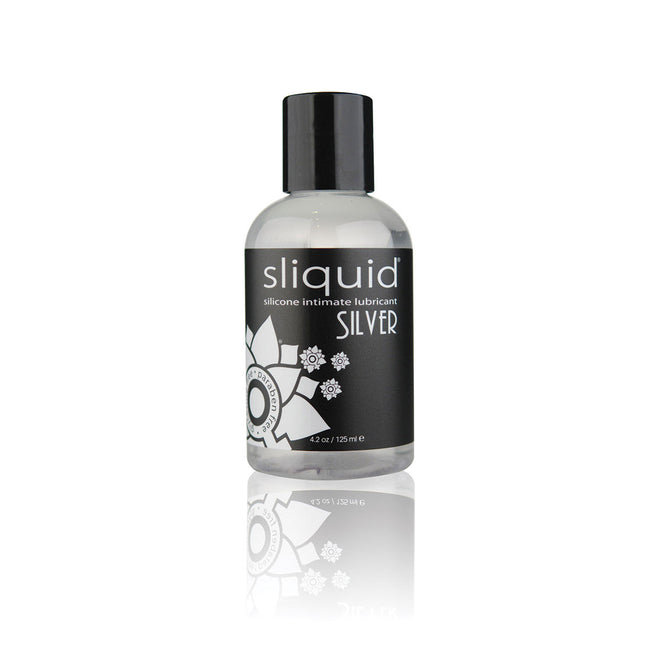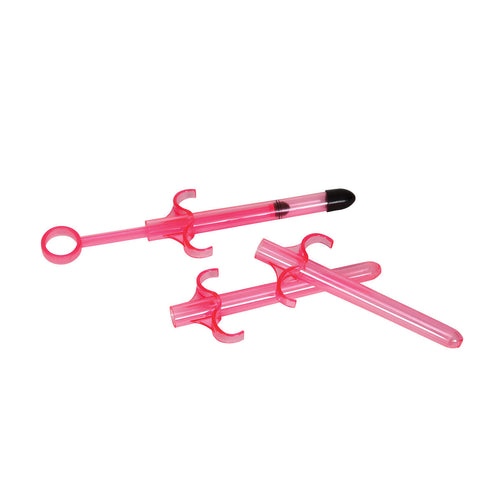Menopause

Menopause and Menopause Products
Menopause is a normal and natural, major life passage in a woman’s life. It signifies the end of a woman’s reproductive years, and with it, the end of monthly menstrual periods. When a woman has stopped having periods for 12 consecutive months, she has reached final menopause and can no longer bear children.
While most women reach menopause in their late 40’s or early 50’s, some go through it earlier or later. Often, menstruation does not end abruptly, but becomes unpredictable in the time leading up to final menopause. This is known as perimenopause. Pregnancy is still possible during this stage, so contraception should be used if appropriate.
Perimenopause and Menopause Symptoms
The hormones estrogen and progesterone start to decrease as menopause is reached. As this occurs, the following symptoms begin to appear:
- Hot Flashes
- Breast Tenderness/Worsening of Premenstrual Syndrome
- Decreased Libido (Low Sex Drive)
- Fatigue/Mood Swings/Depression
- Irregular Periods
- Vaginal Dryness/Vaginal Atrophy; discomfort during sex
- Urine Leakage/Incontinence when coughing or sneezing
- Urinary Urgency (a pressing need to urinate more frequently)
- Changes in Memory and Concentration
- Difficulty Sleeping
- Dry Skin
- Headaches
- Mood Swings, Irritability, and Depression
Although there is no simple test to confirm the onset of perimenopause or menopause, it is possible to determine hormone levels. Estrogen, progesterone, testosterone, FSH and LH (and possibly DHEA and thyroid hormones), can be measured so a woman and her healthcare provider can better understand where she is at in her perimenopausal timeline and what approach to take when it comes to managing symptoms.
Hot Flashes
Hot flashes occur in more than two-thirds of women in the US during perimenopause, and in nearly all women with premature or induced menopause.
A hot flash, also known as a hot flush, is a momentary sensation of heat that may be accompanied by a red, flushed face and sweating. It can also be accompanied by an increase in heart rate, nausea, tingling or crawling sensation of the skin.
The cause of hot flashes is unknown, but it may be related to changes in a women’s circulation. Hot flashes occur when the blood vessels near the skin’s surface dilate, bringing increased blood flow and heat to the area. One might also perspire, as the body attempts to cool itself, and some women may experience a sudden chill following their hot flash.
Hot flashes vary from woman to woman. Some women have them for months to years, while others have them for only a short period of time, or not at all. Generally, hot flashes become less severe as time passes.
Night sweats are hot flashes and that occur at night are called night sweats and typically interfere with a woman’s sleep.
Interestingly, many women find that they will experience night sweats sometime between 3:00 and 4:00am. While it may be impossible to avoid hot flashes during menopause, there are certain triggers that increase their frequency and intensity.
To prevent or diminish hot flashes, try to avoid the following:
- Stress
- Caffeine
- Alcohol
- Spicy Foods
- Tight Clothing, Synthetic Fibers
- Heat
- Cigarette Smoke
To keep hot flashes to a minimum:
- Stay cool! Keep bedroom temperatures cool at night and use fans during the day.
- Try deep, slow abdominal breathing (6 to 8 breaths per minute). Practice deep breathing for 15 minutes in the morning, 15 minutes in the evening and at the onset of a hot flash.
- Exercise daily
- Chill pillows; cooler pillows at night can be helpful
- Wear moisture-wicking sleepwear
Explore non-prescription treatments such as:
- Vitamin B complex
- Vitamin E
- Bioflavonoids with Vitamin C
- Black Cohosh (an herb sold commonly under the trade name Remifemin)
- A diet rich in organic soy foods, flaxseeds, vegetables and fiber
Related: Help With Your Hot Flash
Headaches
Hormone fluctuation is often the reason for headaches during perimenopause and menopause, especially in women with a history of headaches during their menstrual cycle. Typically, these will stop once final menopause is reached. Many women have gotten relief from menopausal migraines through the use of a 2 percent progesterone cream.
Vaginal Dryness or Vaginal Atrophy
Some women experience vaginal dryness as a result of falling levels of estrogen during perimenopause and menopause making intercourse uncomfortable, unpleasant, and sometimes painful.
Lack of vaginal lubrication during arousal does not mean that there is a lack of desire. This simple misunderstanding can cause both parties to pull back from initiating sexual contact.
There are many steps one can take to assist with vaginal dryness:
Use a Lubricant
The easiest and most effective method is using a good water-based lubricant. Use it not only when having intercourse, but daily to nourish and maintain vaginal tissue. We have suggested many natural and some organic lubricants in this category. These lubricants are simple menopause products that can be used regularly or even daily for intimate moisturizing.
Have Sex or Masturbate More Often
An increase in sexual activity can promote the production of estrogen, even in menopausal women. Use of an external toy, if pain is present or an internal toy, with lubricant can help.
Use an Estrogen Cream
Natural plant-based estrogen creams can be found in many health food stores. These creams can be used simultaneously with a natural progesterone cream. For higher doses, a medical doctor or naturopath can prescribe a compounded transdermal cream containing small doses of estrogen, progesterone or testosterone, individually or in combination.
Use Estriol
Bioidentical estriol is a type of natural estrogen, which, when applied topically, stimulates estrogen receptors in the vagina, increasing lubrication and plumping up tissues. Effects on the rest of the body are minimal. Studies suggest that this therapy may also help ward off urinary tract infections and improve incontinence. Estriol is available as a suppository, tablets, or cream and requires a prescription; it is currently available only from a compounding pharmacy (one that will create customized drugs).
Decreased Libido (Low Sex Drive)
Although nearly everyone goes through at least one phase of low desire in their lifetime, women are two to three times more likely than men to be affected, particularly during perimenopause and menopause.
A drop in testosterone during perimenopause can adversely affect libido, as can the decline in estrogen. Diminished estrogen levels can cause atrophy, or thinning, of the vaginal tissue, making sexual intercourse a stressful activity.
Exhaustion of the adrenal glands, brought on by stress, lack of sleep, improper diet, smoking, excessive alcohol consumption, and even some medications, can further compound the problem.
The following can help restore libido:
- The use of lubricants
- The nutritional supplement DHEA (a testosterone precursor)
- Nutritional and herbal support to enhance restful sleep and nourish the adrenal glands
- Stress management (i.e. meditation, yoga, light exercise, etc.)
- A high-fiber diet rich in organic soy, phytonutrients (found in vegetable and fruits), and flaxseeds
- Avoidance of sugar, wheat, and fried, packaged or processed foods
- The use of external vibrating toys to stimulate bloodflow and sensation
If these measures seem to fall short of expectations, it may be time to consult with a medical doctor or naturopath to explore the possibility of bioidentical hormone replacement.
Making time for each other
Modern-day couples are busier than ever. It can be quite challenging to juggle the demands of running a household, raising children, a career, aging parents, and a busy social life, not to mention occasional illness or adversity. Many people barely get through each day doing everything they have to, let alone finding time for pleasure and intimacy. It is precisely this lack of time for self-care that often underlies the lack of sexual desire.
When you add this chaos to an already low sex drive, a couple can start to grow apart physically. Relationships need attention, maintenance and some excitement to allow for intimacy. Don’t be afraid to make time to figure out a strategy to rekindle the passion in relationships.
Here are 10 Steps to Help Increase Intimacy from the renowned book Sex Over 50 by Joel D. Block, Ph.D.:
- Touch each other more frequently by just holding hands and giving hugs.
- Set aside non-sexual, one-on-one time for each other. Set up date nights, exercise together, and try to get to know each other as interesting people again.
- Agree to not make sexual frequency a control issue. The partner who wants more sex will agree to refrain from being overly seductive or demanding. The less interested partner agrees to let the other know when he or she is feeling desirous.
- Don’t expect your partner to gratify all of your sexual desires. Fantasize and indulge your sensuous nature.
- Don’t expect your partner to be responsible for turning you on. If your libido is low, encourage and nurture your sexual fantasies. Give yourself more sensuous treats, such as clothing that feels luxurious against your skin.
- Separate sex from romance. Have you stopped being romantic due to fear that a romantic gesture will be construed as a sexual invitation? Romance can, but does not have to, be a prelude to sex. It can be an end in itself.
- Speak freely. Be specific about how often you feel desire, what it feels like to you and what initiates and enhances those feelings.
- Examine personal issues. Do you have unexpressed resentment towards your partner? Unresolved anger? A low level of desire could also reflect a lack of optimism, enthusiasm or passion in your life in general.
- Make a non-demand sex date with your partner. You can be sexual without having intercourse or achieving orgasm. It may be enough to hold and stroke each other. Or perhaps the partner with less desire would enjoy bringing the other to orgasm.
- Move straight to arousal. You don’t have to feel desire to experience arousal. A man who thinks he has no interest in lovemaking can get an erection when stimulated by his partner. Being aroused does not mean you have to complete a sex act. Like romance, it can be an end in itself.
Memory & Concentration Change
Many women report they have trouble concentrating, are forgetful, and have bouts of “fuzzy thinking” during perimenopause/menopause. This is similar to the memory and concentration changes often experienced post-partum, only instead of giving birth to a baby, the woman is giving birth to a whole new sense of self.
Herbs like Ginkgo biloba and St. John’s Wort can help with mental clarity. A diet low in simple carbohydrates will help stabilize blood sugar levels to promote enhanced concentration.
Mood Swings, Lack of Energy, Depression and Anxiety
Up to 43% of women complain of low energy throughout perimenopause and up to two years after final menopause. They may also report an increase in the emotional agitation and volatility they felt with their periods.
Part of the reason for irritability and moodiness is hormonal, but it may also be the body’s way of signaling the need for spiritual growth as the maternal role takes a back seat to let inner wisdom and intuition emerge. Simultaneously, the stress of aging parents, teenagers and empty nest syndrome may be contributing factors.
At this time one particularly needs to start focusing on creating balance. Helpful suggestions include:
- Meditating, practicing yoga, tai chi, etc.
- Finding an exercise that is enjoyable enough to be done consistently
- Spending time outdoors in nature
- Keeping a gratitude journal
- Taking up a new hobby or a passionate pursuit abandoned long ago
- Sharing feelings with a trusted friend or talking with a therapist
Reference:
http://www.menopause.org/for-women/sexual-health-menopause-online
Related links:
Beauty Products May Trigger Early Menopause
Informative Videos on Menopause from the International Menopause Society


